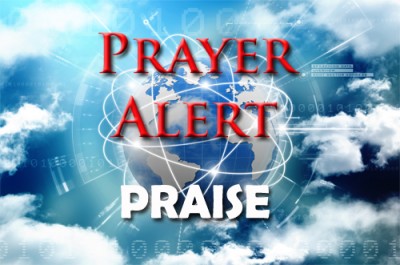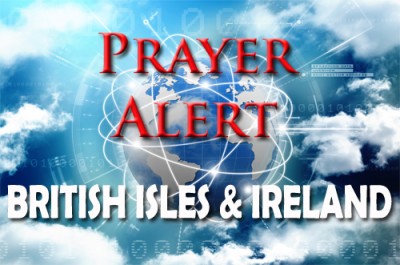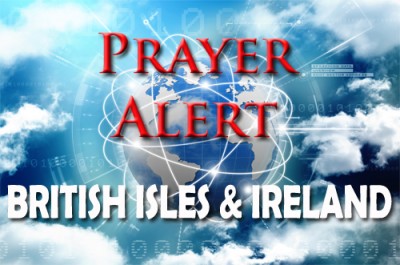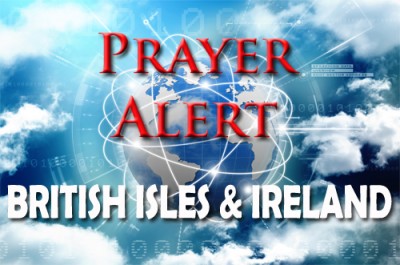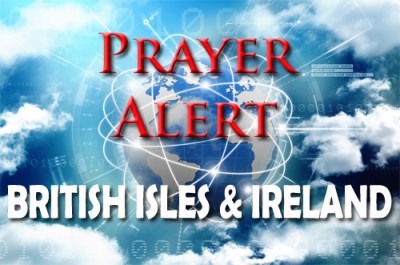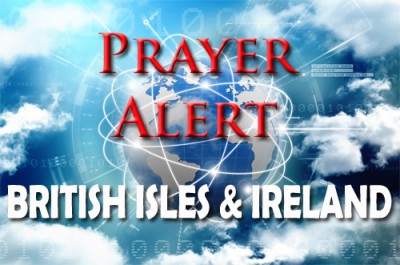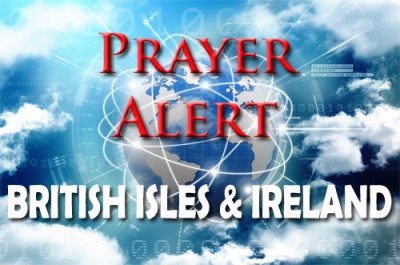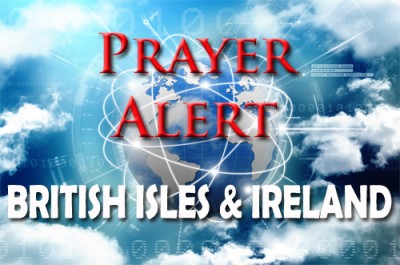Facebook creator no longer an atheist
07 Jan 2017Mark Zuckerberg, who founded Facebook, has announced he is no longer an atheist, but in fact sees religion as ‘very important’. Zuckerberg posted a ‘Merry Christmas and Happy Hanukkah’ message from his family to his followers on Facebook. After he posted the comment, a user asked, ‘But aren't you an atheist?’ In response, the 32-year-old billionaire replied, ‘No. I was raised Jewish and went through a period of questioning things, but now I believe religion is very important.’ When another user asked, ‘But why doesn’t Facebook notify us that it is Jesus’ birthday today?’, Zuckerberg joked, ‘You're not friends with Jesus on Facebook?’ adding a smiling emoji with a halo. Earlier in 2016, he and his wife met Pope Francis to discuss ways in which technology could help the poor.
Epiphany: Jesus for all
07 Jan 2017This is week 1 of the Friday Focus 2017 initiative that provides the opportunity for us to pray where we are, and unite across our nations, supporting all ongoing mission and preparing the way for future mission. HOPE’s aim (along with the World Prayer Centre) is to see the entire church mobilised during 2018 to make Jesus known. John 3:16: 'For God so loved the world that he gave his one and only Son, that whoever believes in him shall not perish but have eternal life.' Because of Jesus we can have the free gift of eternal life with him. Give thanks for Jesus’ death and resurrection. Pray that churches will work together using both words and actions to make Jesus known. Consider how churches in your area can work together to plan a rhythm of mission through 2018, especially at Easter, Harvest and Christmas. (Written by Roy Crowne, HOPE’s Executive Director)
2017 - a significant year
07 Jan 20172017 is a year of promise. It is 500 years since the reformation that shook the world and reshaped history. It is seventy years since Smith Wigglesworth’s prophecy: ‘When the Word and the Spirit come together, there will be the biggest movement of the Holy Spirit that the nation, and indeed the world, has ever seen. There will begin a missionary move to the ends of the earth.’ It is fifty years since Jean Darnell’s prophecy of renewal in the Church which would spread outside, resulting in a public awakening; she said there would be so many conversions that it would actually change the character of the nation of Britain and determine the future move of God in Europe. Please pray for these prophecies to be fulfilled. Pray that 2017 will be a year when God mobilises His Church. Pray for His presence wherever you live, go deeper into His Word, and wait expectantly for the Holy Spirit to work mightily in each one of us and all whom we meet. Our prayer is the prayer of the Welsh revival, ‘More, Lord!’ - and then “Even more!’
EU ambassador’s surprise resignation
07 Jan 2017Sir Ivan Rogers, the British representative to the EU, has resigned from his position without warning, following disagreements with Theresa May’s team. His resignation leaves the Prime Minister without a senior experienced European negotiator, only weeks before Brexit talks are due to begin. One of the country’s most senior retired civil servants, Lord Macpherson, said that this sudden decision highlighted the Government’s ‘wilful and total’ destruction of its EU expertise. In a farewell message Sir Ivan, who had been criticised for being pessimistic about Britain’s future outside the EU, called on the staff of Britain’s mission in Brussels to ‘continue to challenge ill-founded arguments and muddled thinking’. The Government has acted swiftly to deal with the crisis by appointing Sir Tim Barrow (former ambassador to Russia) as Sir Ivan’s successor. See:
First BAME bishop for 20 years
07 Jan 2017One month after a large group of black and minority-ethnic (BAME) clergy wrote a letter criticising the lack of non-white senior clergy in the CofE, Downing Street has announced the appointment of the first BAME bishop for twenty years. The next Bishop of Woolwich will be the Vicar of St John’s, Upper Holloway, Revd Woyin Karowei Dorgu. The 58-year-old was born and brought up in Nigeria, and worked as a GP before training for ordination. He has been Vicar of St John’s since 2000. ‘We are greatly honoured to be invited to share and contribute to this dynamic ministry of bringing God’s love to the people of Woolwich and the diocese,’ Revd Dorgu said. Speaking to reporters, he said, ‘I want to encourage BAME vocations and more participation in ministry. I will celebrate the diversity in race, ability, gender, sexuality, and class. Celebrating our differences is a gift.’
Is UK aid ‘exporting the dole’?
07 Jan 2017Tory MP Nigel Evans has harshly criticised a foreign aid programme that hands money directly to Pakistan’s poorest people. Britain currently helps fund the Benazir Income Support Programme (BISP), which offered cash support to over 235,000 families across Pakistan in 2012 and could be helping 441,000 by 2020. The Department for International Development (DfID) argues that offering just over £10 a month to these families cuts out middlemen, reduces the risk of fraud, and minimises the cost of the programme. The budget for the transfers, which help people who live on less than £1 a day, has risen from £53 million in 2005 to an annual average of £219 million in the period 2011-2015. However, Evans has called on DfID to launch an urgent examination of the process, saying, ‘This should only be a temporary measure, but it seems as if we’re exporting the dole to Pakistan, which is clearly not a clever idea.’
Patients on trolleys crisis in Eire
07 Jan 2017On Tuesday 3 January a record number of 612 patients in Irish hospitals had to be accommodated on trolleys, falling to 602 the following day. The figures have led to a political outcry, with Labour health spokesman Alan Kelly describing them as a ‘national emergency’. The Department of Health have said the increase in cases of flu and winter-related illnesses is to blame. However, a number of doctors and nurses have said that this increase is only partially responsible for the number of patients on trolleys, and that the system has long been in need of an overhaul. The minister for health, Simon Harris, said that increased opening hours and support services for nursing homes are being considered, as ways of keeping flu patients at home rather than transferring them to hospitals. He also acknowledged the need to recruit more nurses.
Bishop receives knighthood
07 Jan 2017James Jones, the former Bishop of Liverpool, who chaired an independent panel of inquiry into the Hillsborough football disaster, has been knighted in the New Year Honours list for services to bereaved families and justice. Bishop Jones was widely praised for his chairmanship of the panel, which concluded that many of the deaths at Hillsborough might have been avoided with better medical care. Bishop Jones said that he had mixed emotions on accepting the KBE, ‘because of the enduring sadness of the families who continue to feel the loss of their loved ones’. The inquiry, he said, had been ‘very much the climax’ of his 15 years as Bishop of Liverpool. A Hillsborough protester, Professor Phil Scraton, who led the panel’s research team, revealed last week that he had turned down an OBE in protest at those who ‘remained unresponsive’ to the campaign for truth and justice.
